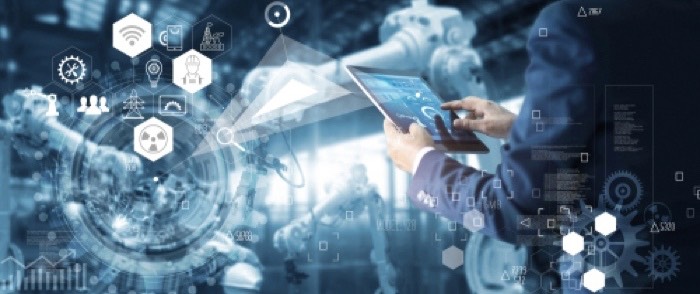
Artificial Intelligence (AI) and Machine Learning (ML) have been two of the most discussed topics in recent years, and their impact on business has been immense. In the past, the idea of computers being able to perform complex tasks that were once only possible for humans was nothing more than science fiction. However, thanks to AI and ML, that idea has become a reality.
At its core, AI is the ability of machines to learn and make decisions without human intervention. ML, on the other hand, is a subset of AI that uses algorithms to analyze and learn from data. Together, AI and ML have created a new era of automation, innovation, and efficiency for businesses.
Improved Efficiency and Productivity
One of the most significant impacts of AI and ML on businesses is the improvement in efficiency and productivity. With the help of AI and ML, businesses can automate many of their processes, freeing up time for their employees to focus on more important tasks. For instance, chatbots can be used to handle customer queries, which would otherwise require a human customer service representative. This results in reduced wait times for customers and faster response times.
Furthermore, AI and ML can help businesses optimize their supply chain and production processes. By analyzing data, these technologies can identify areas where efficiency can be improved and provide insights into how to optimize processes.
Enhanced Decision Making
Another significant impact of AI and ML on businesses is their ability to enhance decision-making. With the ability to analyze large volumes of data, businesses can use AI and ML to identify patterns and insights that would otherwise be missed by human analysts. This can lead to better decision-making, improved accuracy, and reduced risks.
For instance, in the financial industry, AI and ML can be used to identify fraudulent transactions, which would otherwise go unnoticed. Similarly, in the healthcare industry, AI and ML can be used to analyze medical data and provide insights into the most effective treatments for patients.
Personalization and Customer Experience
AI and ML can also be used to enhance personalization and customer experience. By analyzing data on customer behavior and preferences, businesses can provide personalized recommendations and offers to their customers. This can lead to increased customer satisfaction, loyalty, and retention.
For example, online retailers can use AI and ML to analyze customers’ browsing history and purchase behavior to offer personalized product recommendations. Similarly, music streaming services can use AI and ML to analyze customers’ listening habits and offer personalized playlists.
Challenges and Concerns
While the impact of AI and ML on businesses is largely positive, there are also concerns about the ethical and societal implications of these technologies. One major concern is the potential displacement of jobs as businesses automate more processes.
Moreover, there are concerns about bias and discrimination in AI and ML algorithms. If not properly designed and implemented, these algorithms can perpetuate existing biases and discriminate against certain groups of people.
Conclusion
In conclusion, the impact of AI and ML on businesses has been significant, and these technologies are likely to become even more prevalent in the years to come. They offer improved efficiency, enhanced decision-making, and personalized customer experiences. However, businesses must also be aware of the potential challenges and concerns associated with these technologies.